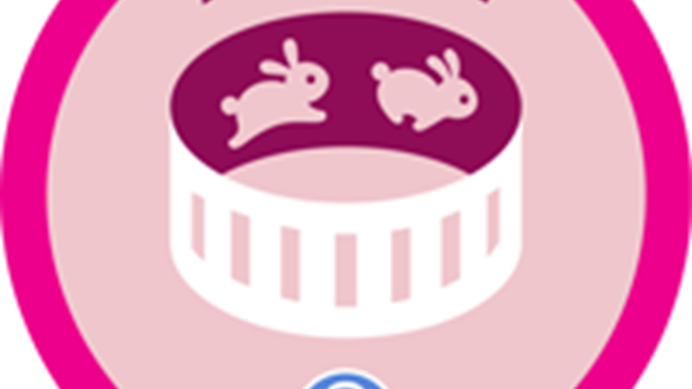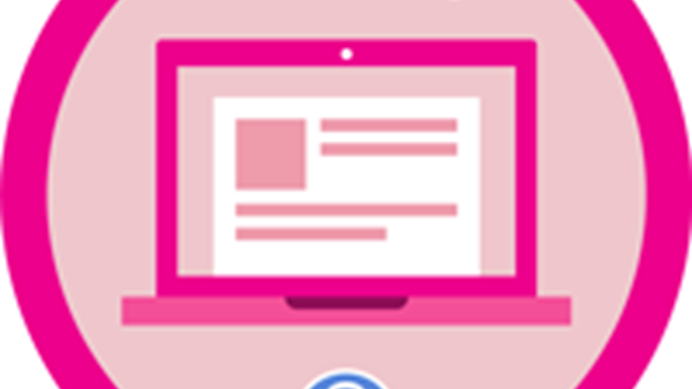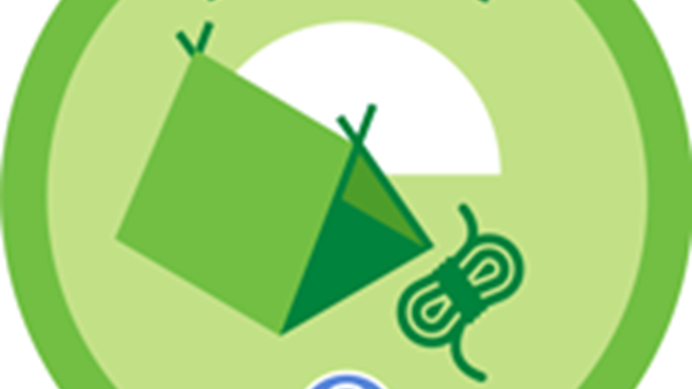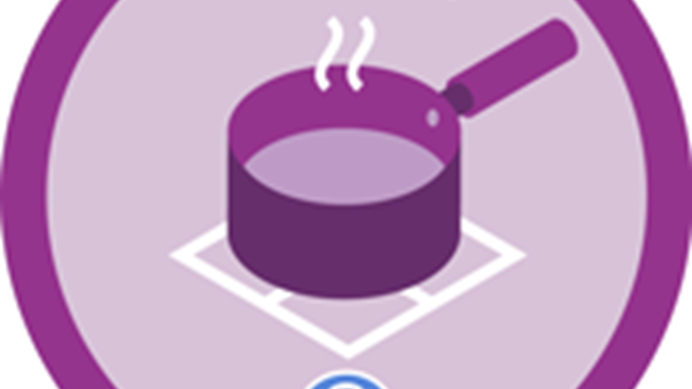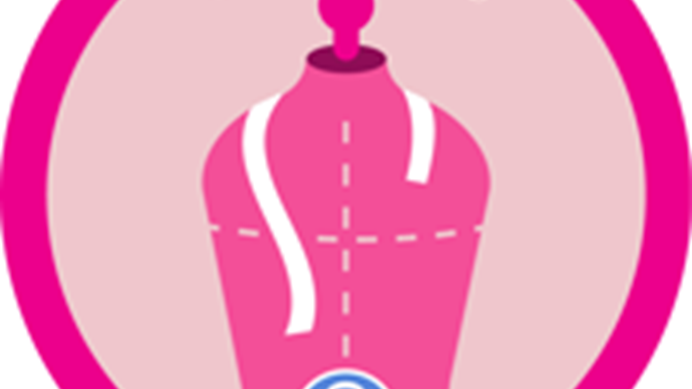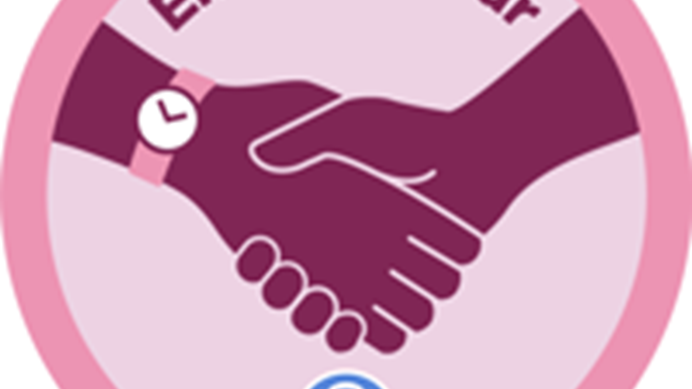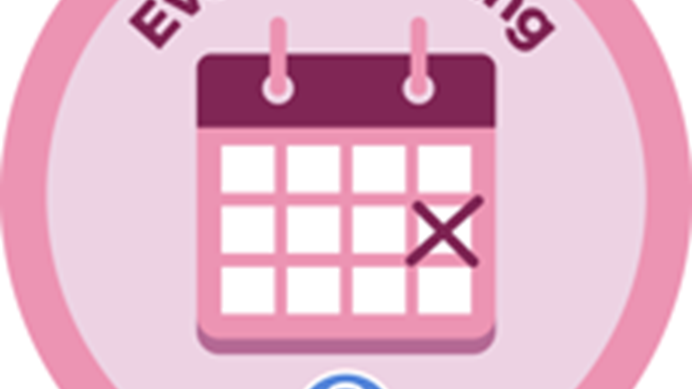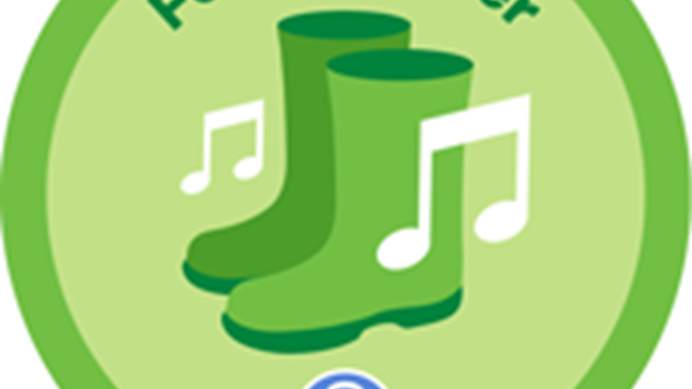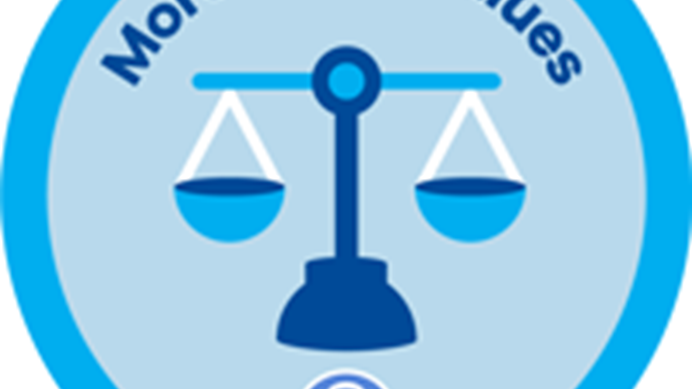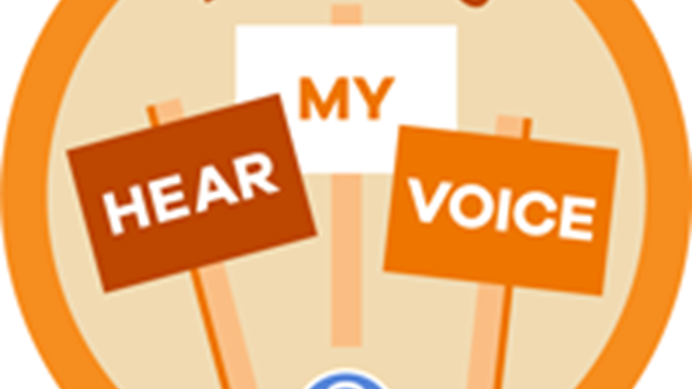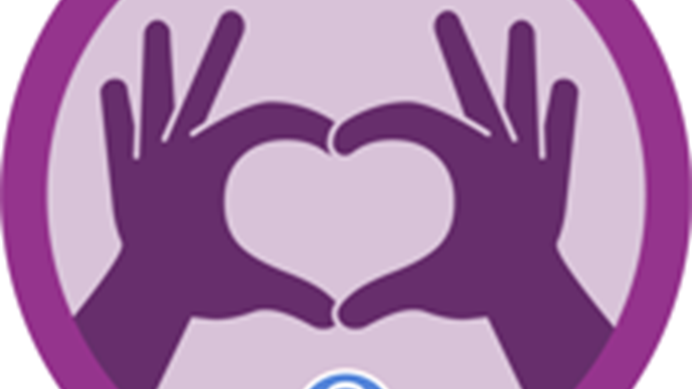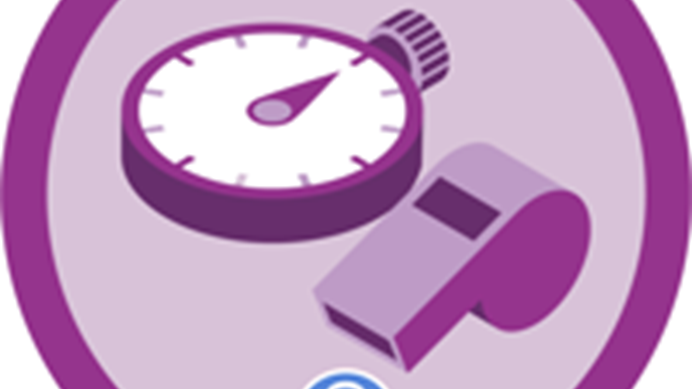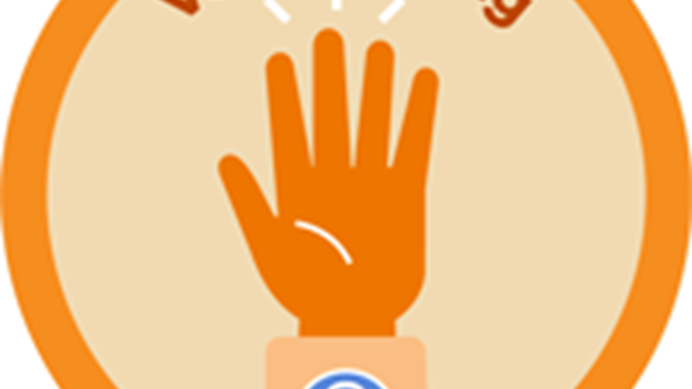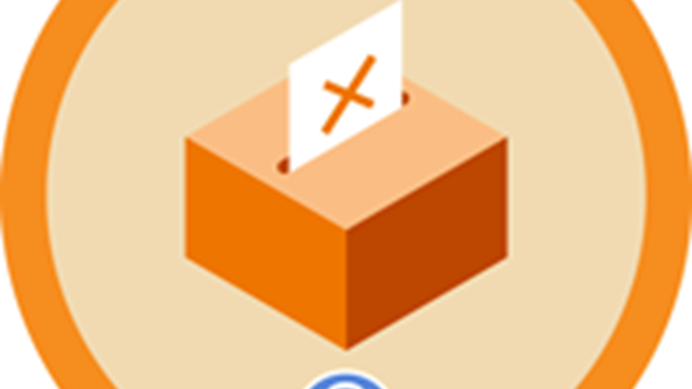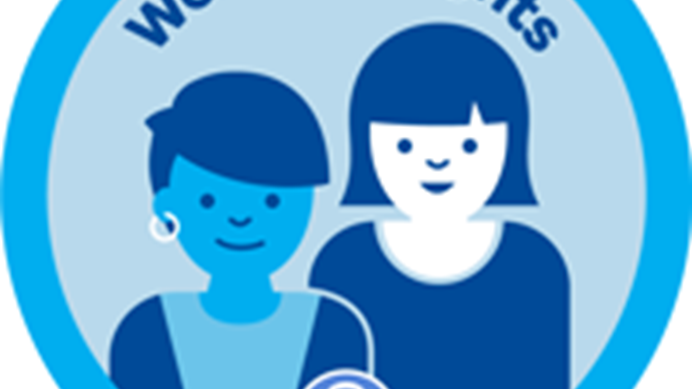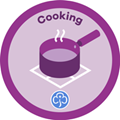

Interest badges
Cooking

Be well
Make a meal of it
We all know we should eat healthily, although it’s not always easy! But by gradually trying new foods, thinking of better alternatives to your favourite dishes and cooking in healthier ways, you’ll soon be a pro at cooking delicious, healthy meals.
Getting a Rangers interest badge
There are 18 interest badges for you to earn at Rangers, and 3 fun challenges to do for each badge.
You can do these badges at any time, anywhere and in any way you’d like. You can do them on your own or with units, during unit meetings, at home or even on holiday.
How to complete this badge
1. Make your favourite meal healthy
What’s your favourite food? Curry? Fish and chips? Burgers?
Choose 3 of your favourite (but not so healthy!) meals. Work out how you can make the same meal healthier – yet still super tasty. For example, your curry could lose the cream, or use yogurt instead. For fish and chips, you could use un-battered fish and oven chips instead of deep-fried chips.
Have a go at making at least one of the healthier meals you’ve come up with.
2. Discover new foods
Set yourself a week-long challenge to cook nutritious meals, eat healthy foods and try healthier ingredients you haven’t had before.
Aim to broaden your tastes by adding new ingredients to meals, trying new cooking methods and learning new skills in the kitchen. For example, poach eggs, grill food instead of frying, use spices instead of salt and find unrefined alternatives to sugar to sweeten food.
Create reviews of your food and present these visually in any way you want.
3. Make a recipe book
Now you’ve discovered new foods and ways of making your meals healthier, share your nutritious and delicious recipes by creating a recipe book.
Use the recipes from challenges 1 and 2. Why not ask your friends and family to share their favourites too? You can theme your book (non-baked, sugar-free, vegetarian or desserts, for example), or have different sections for different types of recipes.
Share your recipe book online or make a physical book ready to take to university or use at home. You could even gift it to a friend or family member if you want to.
Cooking safety
- Check the ingredients you use to make sure you, or other people eating, aren't allergic to them.
- You should be supervised by an adult when cooking, and follow good hygiene rules.
- Tie long hair back and wash your hands before you start.
When using the microwave:
- Remove all aluminium foil and metal cutlery or utensils before putting food in the microwave. These items will spark and may cause the microwave to explode.
- Never leave the microwave unattended when it's in use.
- Turn the microwave off when you’ve finished using it.
- Allow food to cool down before eating anything.
When using the oven or hob:
- Always wear oven gloves when handling hot equipment or when putting things into the oven and when taking them out.
- Never leave a hot oven or hob unattended.
- Take care around hot surfaces and ensure the area is clear before turning on the oven or hob.
- Turn saucepan handles on the hob to the side to prevent them being knocked and hot food being spilled.
- Turn off the oven or hob when you've finished using them. If using a gas hob, make sure the gas is turned off when finished.
- Never touch the hob burners or heating element, they may still be hot.
Knife safety
- Always direct a knife away from your body when cutting, and use a cutting or chopping board.
- Always hold on firmly to what you’re cutting and keep your fingers away from the blade.
- If you drop a knife, don't try to catch it. Step back and pick it up once it has landed.
Internet safety
To keep safe online, I will…
- Not share any personal information on the internet (my full name, my home or school address, my phone number or my email address).
- Only download files on to my devices with permission from my parent or carer.
- Always ask permission before uploading photos or videos online. If I send pictures, I am aware that these can be forwarded onto others.
- Tell my parent or carer, teacher or leader if something online worries or upsets me.
- Only add people online that I know in the real world.
- Be wary of emails that contain unknown links. I know clicking links can download viruses or other harmful files onto my devices.
- Treat people online with the same respect as I would in the real world. I'll never write anything that might hurt or upset someone.
- Not meet up with someone that I've met online and if someone asks me to do so, I'll tell a parent or carer.
- Think carefully about what I read, hear and see online, and not trust information unless I've checked it on other websites or in books, or have asked an adult about it.
